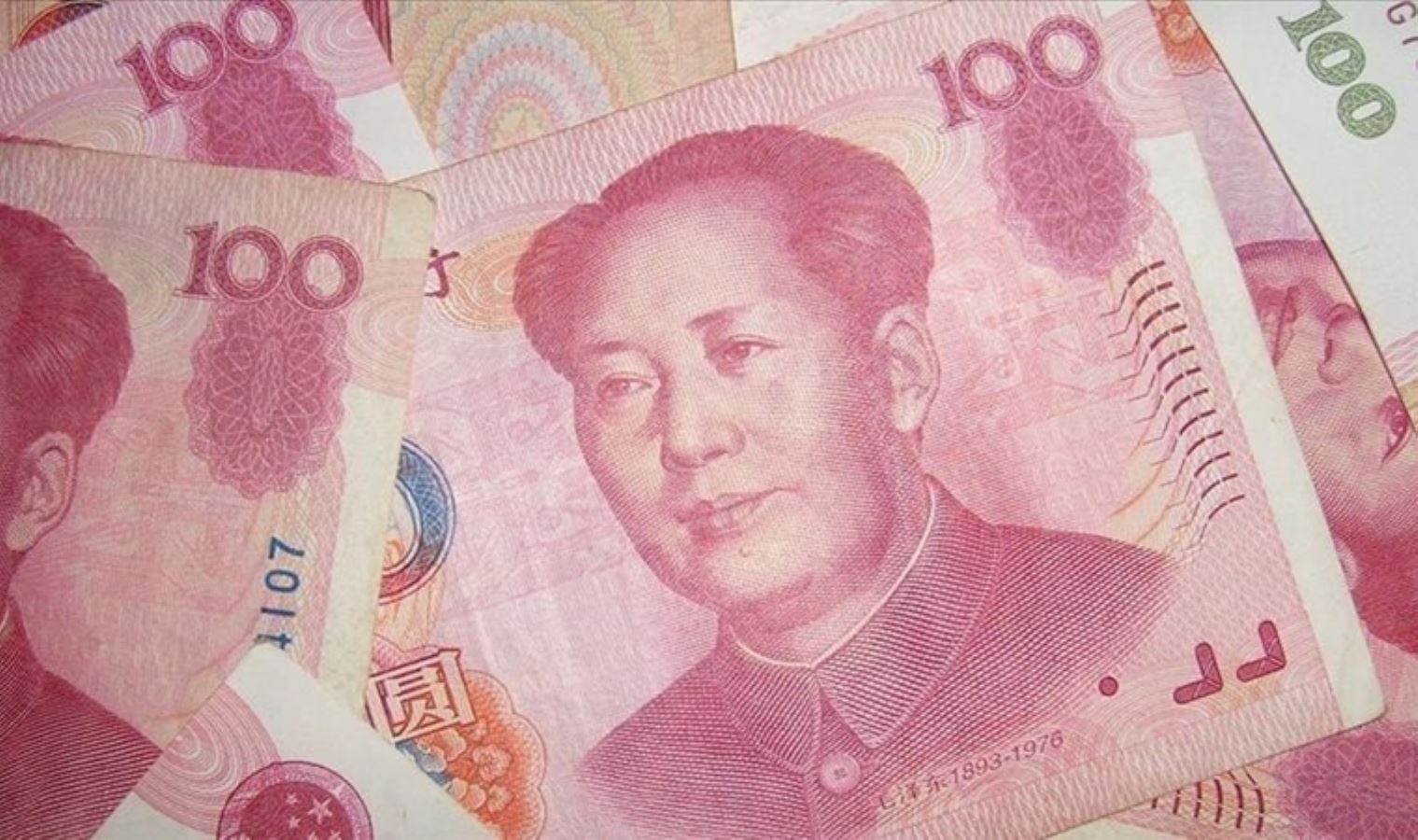Bangladesh can ease tensions with US over loan repayment to Russia in Chinese yuan: Analysts
Dhaka should convince Washington that Russia-backed nuclear power plant will benefit US, says analyst.

Amid intense speculation about the adverse effects on relations between Bangladesh and the US from the South Asian nation's decision to bypass the US dollar to repay a loan to Russia, analysts said Dhaka could convince Washington of its merit through diplomatic channels.
According to Finance Ministry sources, Bangladesh recently approved paying back $318 million to Russia in Chinese yuan as part of its loan from the country, which was taken to help fund the construction of the country’s first nuclear power plant at Rooppur in the central district of Pabna, around 140 kilometers (87 miles) west of Bangladesh's capital Dhaka.
“The (Joe) Biden administration must understand that this is a very vital project for Bangladesh to meet the need of future energy and it should not be hampered in any way, as it will also benefit the US,” Imtiaz Ahmed, a former international relations professor at Dhaka University, told Anadolu.
He said Bangladesh is the world’s second-largest producer of ready-made garment (RMG) products after China and the US is the main customer.
“By purchasing RMG items at the cheapest rate from Bangladesh, the US is being economically benefited. But without the supply of sufficient energy for the RMG industry, Bangladesh will not be able to continue the production at the current cheapest rate,” said Ahmed.
The senior diplomatic analyst said Bangladesh should handle the issue with the US through a strong diplomatic channel and convey a message to Washington that for mutual benefit, the issue of the Rooppur nuclear power plant should be kept out of international politics.
Bangladesh took out a loan of $12 billion from Russia for the giant project, which has an estimated capacity of generating 2,400 megawatts of electricity in two units to address the country’s long-prevailing energy crisis.
According to an annual report in 2021-22 by the state-owned Bangladesh Power Development Board, the current electricity generation capacity of the country is more than 24,000 MW while the country has a vision to boost it to 40,000 MW by 2030 and to 60,000 MW by 2041.
Russia is supporting Bangladesh in developing one of the country’s biggest infrastructural projects, at a cost of nearly $13 billion, with Moscow mobilizing more than 90% of the funds as loans repayable within 28 years with a 10-year grace period and almost 100% technical support, including 2,500 Russian specialists.
The construction formally began in November 2017. The project was going smoothly, with a target to enter the first phase of operations in 2024.
That was until the Biden administration imposed economic sanctions on Russia and its state-run atomic energy corporation Rosatom following the start of the Moscow-Kyiv war in February 2022.
The US and its Western allies excluded Russia from the Society for Worldwide Interbank Financial Telecommunications (SWIFT), a system that powers most international money and security transfers, condemning the war in Ukraine.
Uttam Kumar Karmakar, the head of the European affairs branch of the Bangladesh Finance Ministry's Economic Relations Division (ERD), told journalists Wednesday that officials from both countries have decided to accept the yuan as repayment instead of the dollar.
“A meeting held recently between the ERD and Russian officials decided that the payment will be made in yuan at a Chinese bank account,” the local news agency United News of Bangladesh reported on April 19, citing Karmakar as confirming.
But he added that the transaction has not yet been completed as payment details needed to be “clarified” and “resolved.”
No information to central bank
Speaking to Anadolu, Md. Mezbaul Haque, the executive director and spokesperson of Bangladesh Bank, the central bank, said it had no specific information from the government regarding the decision to begin repayment to Russia in yuan.
“The decision will be taken absolutely by the government’s concerned department and Bangladesh Bank has no role here,” he said.
He added that the concerned desk of the government’s ERD which deals with external resources will make the final decision about the process.
“When we formally receive the government’s instructions regarding this, we will do our work according to the existing rules,” he said, preferring not to disclose details.
Bangladesh not worried
Bangladesh’s former ambassador to China, Munshi Faiz Ahmad, told Anadolu that his country should not be worried about pressure from the US.
“We have no enmity towards both Russia and the US, and the nuclear power plant project is a very vital project for the national interest. So, in case of any untoward situation with the US, we can solve it through amicable discussions,” he said.
Assessing the prevailing tensions, he said the project was almost at the completion stage and started long before the crisis developed due to the Russia-Ukraine war.
Referring to the import of oil and gas from Russia by other big Asian nations ignoring US sanctions, he said Bangladesh’s issue is different and minor in comparison.
Friendship toward all
Amid the tensions, Bangladesh last Monday declared its stance on the US-led Indo-Pacific strategy. Japan, Australia, and India have already declared their positions.
In the official declaration of the 15-point Indo-Pacific Outlook (IPO), Bangladesh said its moral stance is based on four principles, including “friendship towards all, malice towards none.”
The IPO includes fostering “cooperation among Indo-Pacific countries to ensure energy security for all, including through investment and technology transfer on renewable energy.”
During the declaration of the IPO, Bangladesh also reminded the international community of the “constitutional mandate on the conduct of international relations based on the principles of respect for national sovereignty and equality, political independence, (and) non-interference in internal affairs.”
